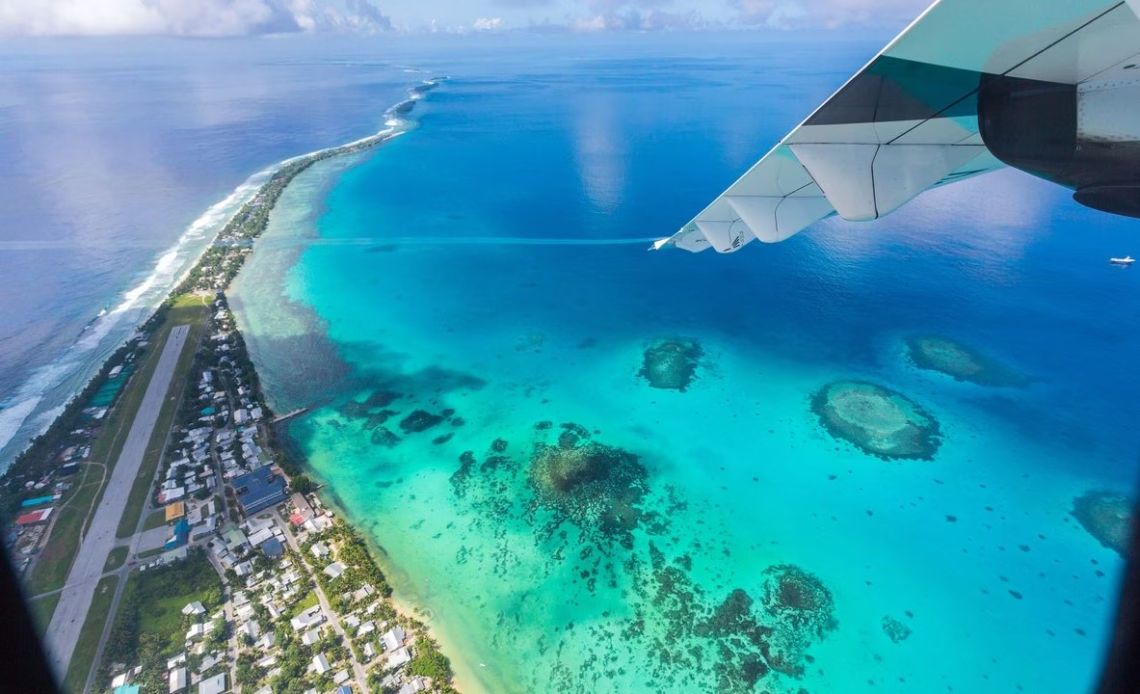More than 5,000 people have applied for a first-of-its-kind migration visa that offers residents of a Pacific island an escape from the worst effects of climate change.
Applications for the visa opened to people in Tuvalu on June 16 and close today (July 18). Under its terms, 280 Tuvaluans can relocate to Australia each year from 2025 through a ballot system. Four days after the ballot opened, 3,125 Tuvaluans — roughly one-third of the nation’s population of 11,000 people — had already registered for a chance to receive the visa. As of July 11, a total of 5,157 people had applied, Nikkei Asia reported.
“This is the first agreement of its kind anywhere in the world, providing a pathway for mobility with dignity as climate impacts worsen,” Australian government representatives told New Scientist in a statement.
The representatives said that they recognized the “devastating impact climate change is having on the livelihoods, security and well-being of climate-vulnerable countries and people, particularly in the Pacific region.”
Tuvalu sits midway between Australia and Hawaii in the South Pacific Ocean. The country consists of nine low-lying atolls — ring-shaped islands surrounded by coral reefs. Tuvalu’s highest point is 15 feet (4.5 meters) above sea level, but the country’s mean elevation is just 6 feet (2 m) above sea level, making it extremely vulnerable to sea level rise, flooding and storm surges due to climate change.
In 2023, sea levels around Tuvalu were 6 inches (15 centimeters) higher than they were 30 years prior, a study found. Much of the country’s land and critical infrastructure will be below high-tide level by 2050, the results indicated.
Related: Global sea levels rose a whopping 125 feet after the last ice age
Sea level rise also threatens water supplies, as seawater can infiltrate into freshwater aquifers. This occurs because seawater is pushing farther inland, increasingly flowing into aquifers both horizontally and vertically. Residents of Tuvalu are already having to raise their crops off the ground to keep salinity at bay, Bateteba Aselu, a Tuvaluan doctoral student of climate change at the University of Melbourne in Australia, told New Scientist.
The new visa scheme, officially called the Australia-Tuvalu Falepili Union treaty, was signed in late 2023 and came into force in 2024. It is the world’s first planned migration of an entire…
Click Here to Read the Full Original Article at Latest from Live Science…

